Behind the Blue Helmet: The Life of a Peacekeeper
In the heart of conflict zones, where despair often reigns supreme, a group of dedicated men and women serve under the emblem of the blue helmet, symbolizing hope for countless communities. These peacekeepers, coming from various corners of the world, are bound by a common mission: to bring stability to areas ravaged by conflict and strife. Their duties transcend beyond the mere presence in a volatile area; they engage in dialogues with local communities, protect civilians from imminent threats, and support the implementation of ceasefires and peace agreements.
The life of a peacekeeper is far from mundane. Every day presents a new challenge, a new opportunity to make a positive impact. From the scorching deserts of the Middle East to the dense forests of Africa, peacekeepers adapt to diverse environments, often operating under harsh conditions with limited resources. Their training prepares them for the physical demands of their missions, but the emotional and psychological toll of witnessing human suffering is a burden they carry within. Despite these challenges, the spirit of peacekeeping is driven by a profound sense of duty and empathy towards those they are sworn to protect.
The Strategy Behind the Smile: Peacekeeping Tactics and Approaches
Peacekeeping is not a one-size-fits-all endeavor. Each mission requires a tailored approach, designed to address the specific needs and dynamics of the conflict at hand. The United Nations, through its Department of Peace Operations, devises comprehensive strategies that encompass military, police, and civilian functions. These multifaceted missions work towards creating conditions for lasting peace, often laying the groundwork for political processes and elections, facilitating the disarmament, demobilization, and reintegration of former combatants, and assisting in the restoration of law and order.
Key to the success of peacekeeping missions is the principle of consent. Peacekeepers operate on the invitation of the host country, respecting its sovereignty while navigating the delicate balance between non-interference and active involvement. Their presence serves as a deterrent to violence, but their ultimate goal is to empower local actors and institutions to take up the mantle of peace and governance. Through community outreach and capacity-building initiatives, peacekeepers work to foster a culture of peace, encouraging dialogue and reconciliation among conflicting parties.
Impact Beyond the Battlefield: Peacekeepers and Community Development
The influence of peacekeeping missions extends far beyond the cessation of hostilities. In many instances, peacekeepers become an integral part of the communities they serve, contributing to development efforts that lay the foundation for sustainable peace. Through initiatives such as medical camps, educational programs, and infrastructure projects, peacekeeping missions help address some of the root causes of conflict, such as poverty, inequality, and lack of access to basic services.
Solidarity with local communities is a cornerstone of peacekeeping philosophy. By engaging with children, women, and marginalized groups, peacekeepers not only provide immediate relief but also work towards empowering these communities to shape their future. The presence of peacekeepers often brings a sense of normalcy, allowing children to return to school and markets to reopen, rekindling hope amidst the ashes of conflict.
Challenges and the Road Ahead for Peacekeeping
Despite its successes, peacekeeping faces its share of challenges. Political complexities, funding constraints, and safety concerns for personnel are but a few of the hurdles that peacekeeping missions encounter. The changing nature of conflicts, marked by an increase in non-state actors and asymmetric warfare, further complicates the operational landscape for peacekeepers. To navigate these challenges, the United Nations and its member states continually seek ways to innovate and adapt peacekeeping strategies, emphasizing the importance of partnerships and collaboration with regional organizations.
The road ahead for peacekeeping is fraught with uncertainties, but the commitment of the international community to support these missions remains unwavering. As we reflect on the untold stories of peacekeepers and their contributions to a more peaceful world, it is clear that their legacy is one of courage, compassion, and an unyielding hope for a better tomorrow.
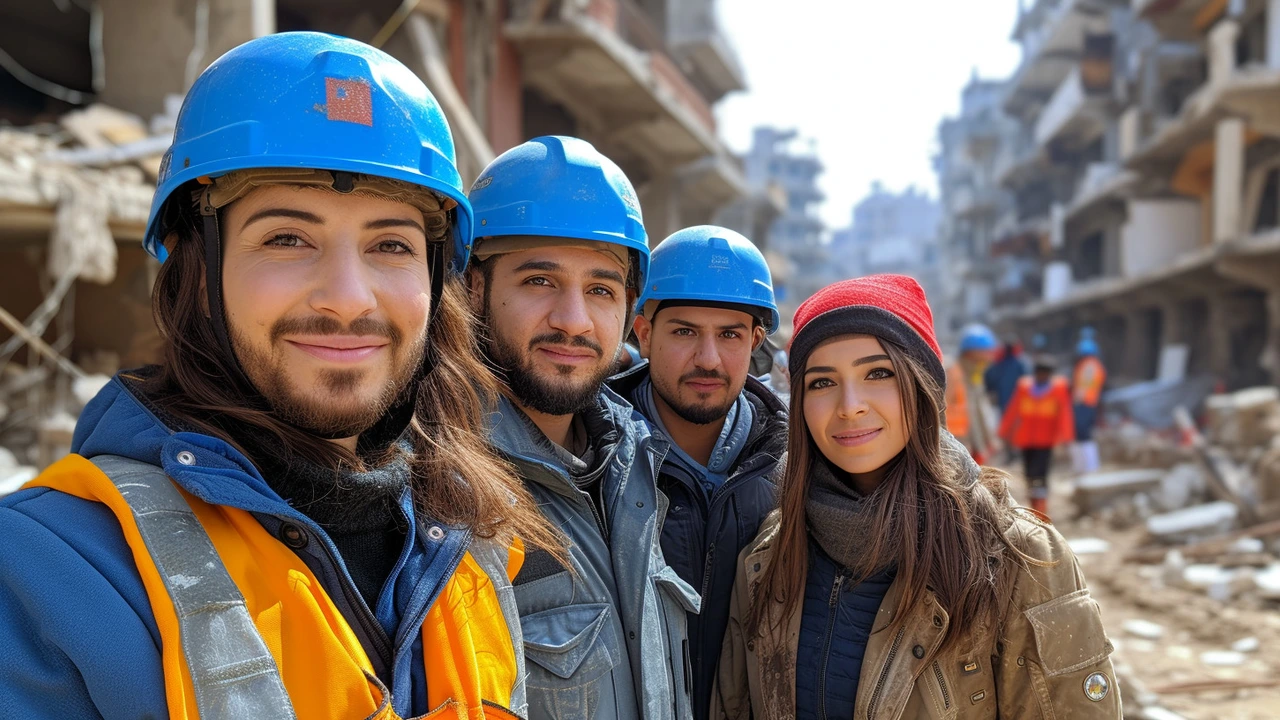

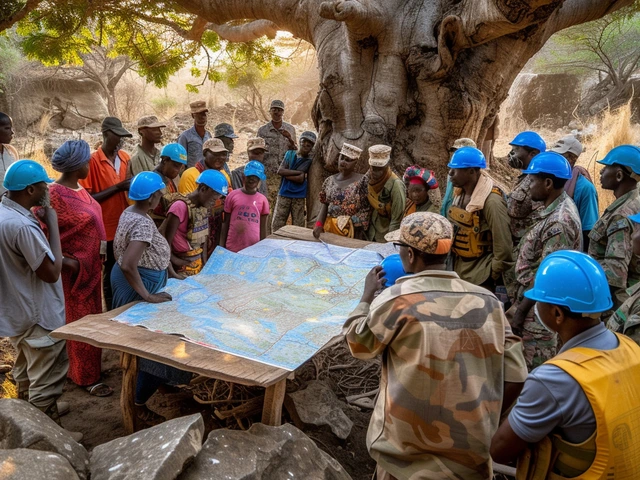
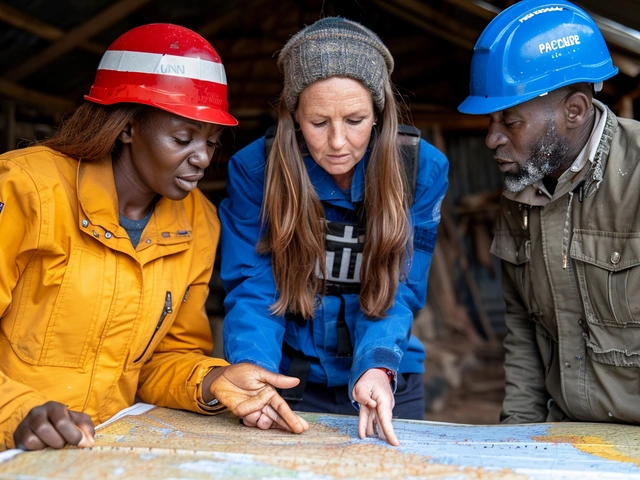
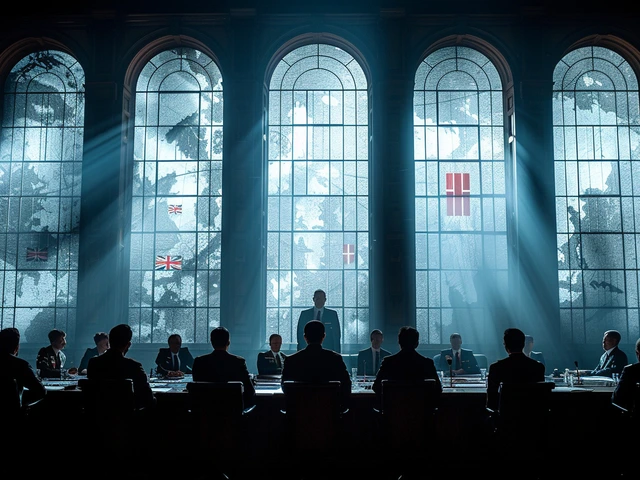
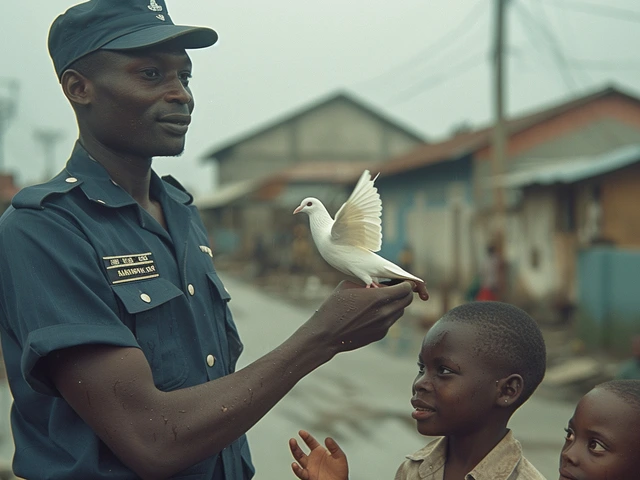


Write a comment